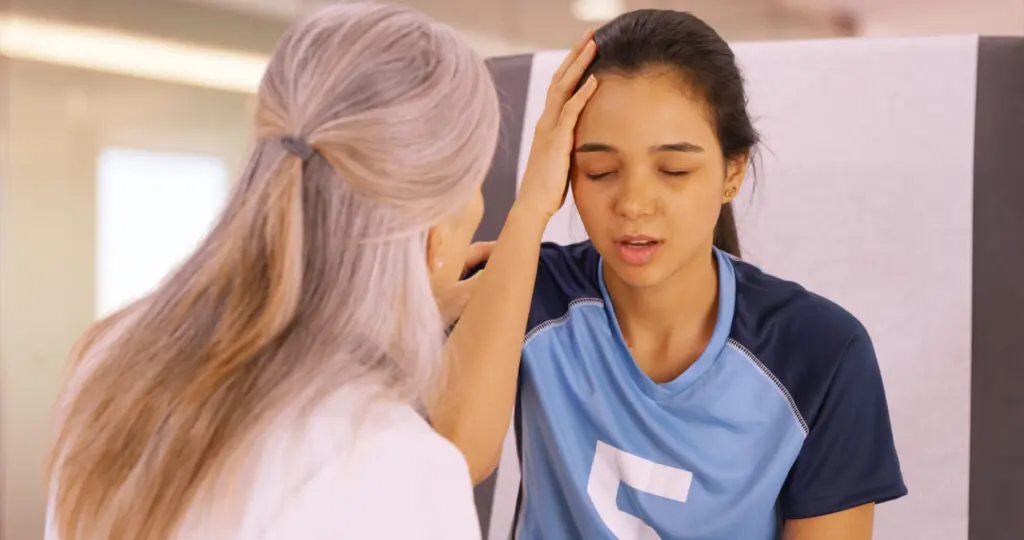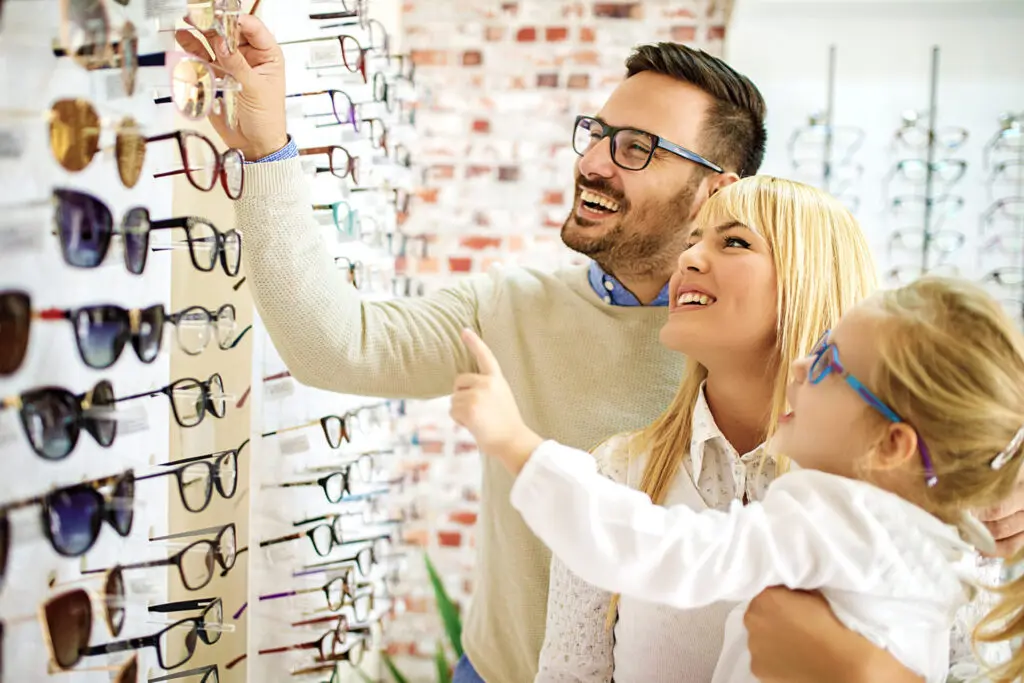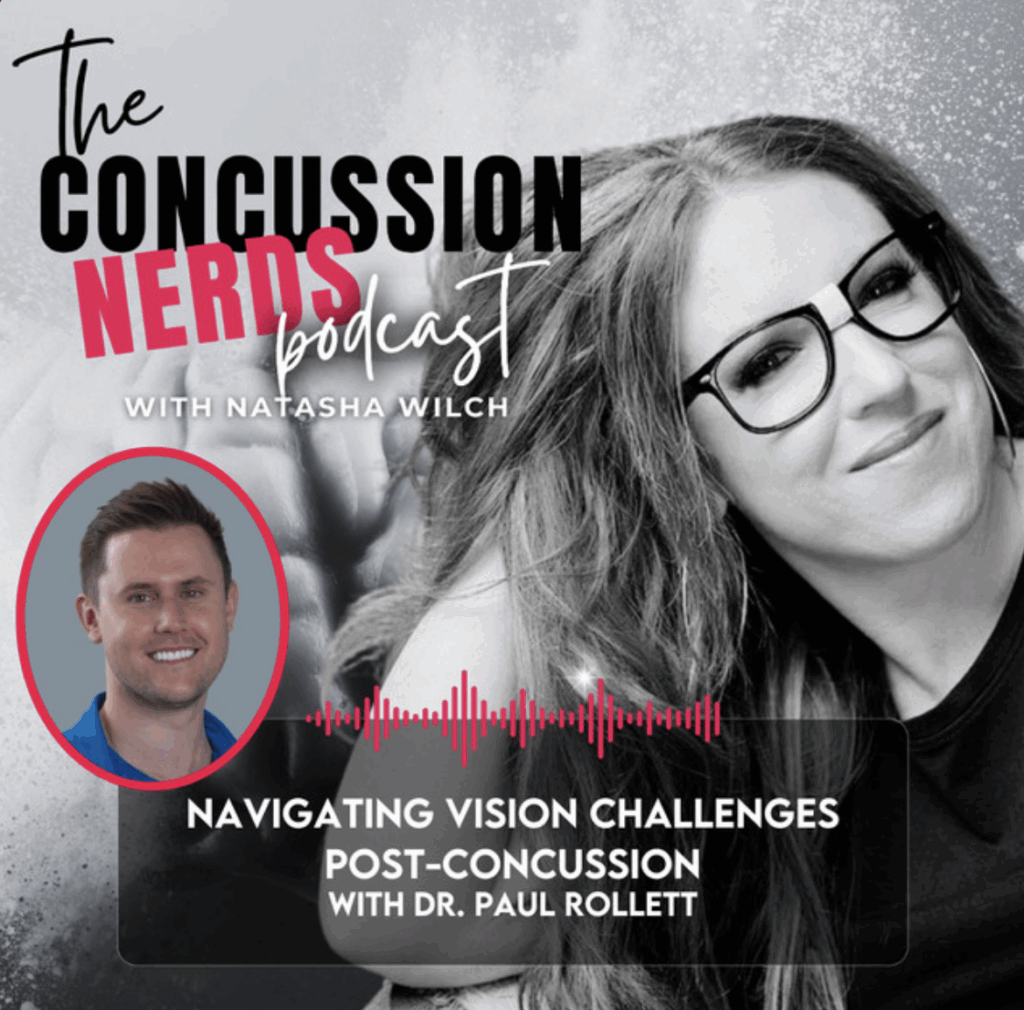Concussions, a type of traumatic brain injury (TBI), can have lasting effects on various aspects of cognitive and physical health, including vision. Symptoms such as headaches, dizziness, sensitivity to light, and difficulty focusing are common among those recovering from a concussion. Concussion glasses, also known as therapeutic or prism glasses, are designed to alleviate these symptoms and aid in the recovery process. This blog post explores the mechanics of concussion glasses, their benefits, and why they are an essential tool in concussion management.
The Impact of Concussions on Vision
Before delving into how concussion glasses work, it’s important to understand how concussions affect vision. The brain’s visual processing centers can be disrupted by the trauma that causes a concussion, leading to several vision-related symptoms. These can include:
- Blurred or double vision: Difficulty in focusing on objects.
- Sensitivity to light: Increased discomfort or pain when exposed to bright or artificial lights.
- Difficulty reading: Trouble tracking lines of text, often leading to headaches.
- Visual motion sensitivity: Discomfort or dizziness when objects move in the field of vision.

These symptoms arise because a concussion can disrupt the coordination between the eyes and the brain, affecting how visual information is processed.
The Role of Concussion Glasses
Concussion glasses are designed to address these specific visual disturbances. Here’s how they work:
1. Light Filtering:
One of the primary features of concussion glasses is their ability to filter light. Many patients with concussions experience photophobia, or sensitivity to light, which can exacerbate headaches and make it difficult to perform everyday tasks. Concussion glasses often use tinted lenses to filter out wavelengths of light which are particularly irritating for those with light sensitivity. By doing so, these glasses can alleviate discomfort and improve a patient’s ability to function in bright or artificially lit environments.
2. Prism Correction:
Prisms are used in glasses to correct binocular vision problems, which are common after a concussion. When the eyes do not work together properly, it can result in double vision or difficulty focusing. Prism lenses adjust the way light enters the eyes, helping to align the images seen by each eye into a single, cohesive image. This correction can reduce strain on the visual system, alleviate double vision, and improve reading ability.
3. Magnification:
For some individuals, concussions can impair the ability to focus on close objects. Magnification in lenses can help by making text and other close-up details appear larger and easier to see, reducing the strain on the eyes and the brain. Magnification adjustments in glasses can also help the eyes and inner ear work more cohesively, reducing symptoms that arise from what is known as visual-vestibular mismatch.
4. Lens Coatings:
Special coatings can be applied to the lenses of concussion glasses to enhance their effectiveness. Anti-reflective coatings can reduce glare, while anti-fatigue coatings can further ease the strain on the eyes during prolonged periods of focus, such as reading or using a computer.
Benefits of Concussion Glasses
The use of concussion glasses can offer numerous benefits to individuals recovering from a concussion:
- Reduced Headaches: By alleviating strain on the visual system and filtering irritating light, concussion glasses can significantly reduce the frequency and severity of headaches.
- Improved Focus: Correcting binocular vision issues and providing magnification can help individuals focus better, improving their ability to read and perform other close-up tasks.
- Enhanced Comfort: Light filtering and glare reduction can make it more comfortable for individuals to be in environments with bright or artificial lighting.
- Faster Recovery: By reducing visual stress and discomfort, concussion glasses can contribute to a more comfortable and potentially quicker recovery process.
How to Get Concussion Glasses
If you or someone you know is suffering from post-concussion vision problems, it is important to consult with a healthcare professional with a special interest in vision therapy, such as a neuro-optometrist or a vision rehabilitation specialist. These professionals can conduct a comprehensive vision assessment to determine the specific needs and recommend the appropriate type of concussion glasses. The effectiveness of concussion glasses can vary based on individual needs, so a comprehensive and personalized treatment plan is crucial for achieving the best results.
Concussion glasses are a valuable tool in the management and recovery of concussion-related vision problems. By addressing specific visual disturbances such as light sensitivity, binocular vision issues, and difficulty focusing, these glasses can significantly improve the quality of life for individuals recovering from a concussion. If you or someone you know is struggling with post-concussion vision symptoms, considering concussion glasses could be a crucial step towards recovery.
Until next month,
Dr. Paul Rollett, OD, FCOVD





